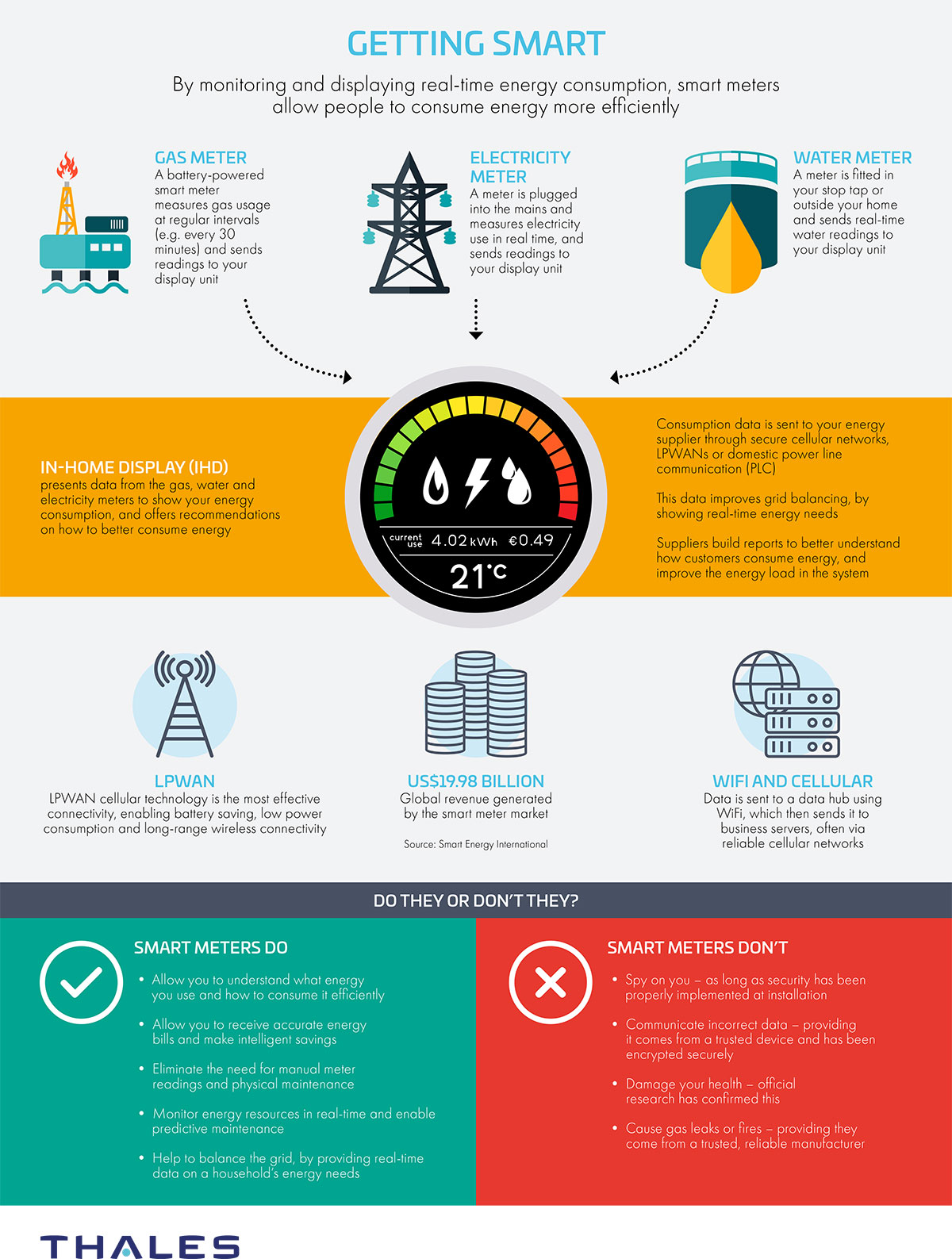
Intelligent Energy Usage: Optimizing Power for Tomorrow
In a world where energy demands continue to rise, the need for intelligent energy usage has become paramount. This article explores the concept of intelligent energy usage and the technologies and strategies that play a crucial role in optimizing power for a sustainable future.
Understanding Intelligent Energy Usage
Intelligent energy usage goes beyond simple consumption; it involves the smart and efficient utilization of energy resources. This concept embraces technology, data analytics, and automation to make informed decisions about when, where, and how energy is used. The goal is to enhance efficiency, reduce waste, and ultimately contribute to a more sustainable and environmentally friendly energy ecosystem.
Smart Grids: The Backbone of Intelligent Energy Systems
At the heart of intelligent energy usage are smart grids. These digitalized energy distribution systems use real-time data and advanced communication technologies to optimize the generation, distribution, and consumption of electricity. Smart grids enable better management of energy flow, reduce losses, and integrate renewable energy sources seamlessly into the existing infrastructure.
Energy Monitoring and Data Analytics
Intelligent energy usage relies on data to make informed decisions. Energy monitoring systems collect real-time data on energy consumption patterns, equipment performance, and environmental conditions. Through sophisticated data analytics, patterns and trends can be identified, allowing for predictive maintenance, energy optimization, and the implementation of energy-saving measures.
Smart Appliances and Devices
The proliferation of smart appliances and devices contributes significantly to intelligent energy usage. These devices are equipped with sensors and connectivity features that enable them to communicate with each other and respond to real-time energy data. For example, smart thermostats can adjust heating and cooling based on occupancy and weather conditions, optimizing energy usage in homes and buildings.
Energy Storage Technologies
Intelligent energy systems incorporate advanced energy storage technologies to address the intermittent nature of renewable energy sources. Batteries, pumped hydro storage, and other innovative storage solutions store excess energy during periods of low demand and release it when demand is high. This not only improves grid stability but also ensures efficient utilization of renewable energy.
Demand-Response Programs
Demand-response programs empower consumers to actively participate in intelligent energy usage. These programs incentivize users to adjust their energy consumption based on real-time pricing or grid demand. By shifting energy-intensive activities to off-peak hours, consumers can contribute to load balancing and reduce the need for additional power generation during peak periods.
Smart Buildings and Energy Efficiency
Intelligent energy usage extends to the design and management of buildings. Smart building technologies incorporate energy-efficient features, automated systems, and real-time monitoring to optimize energy consumption. From lighting and HVAC systems to occupancy sensors and insulation, every aspect is geared towards minimizing energy waste and maximizing efficiency.
Renewable Energy Integration
Intelligent energy systems seamlessly integrate renewable energy sources into the grid. Through advanced forecasting, grid operators can predict the availability of solar and wind power and adjust energy production accordingly. This ensures a smooth transition to a renewable energy-dominated grid while maintaining reliability and stability.
Blockchain in Energy Management
Blockchain technology is increasingly finding applications in intelligent energy usage. It enhances transparency, security, and efficiency in energy transactions. Smart contracts enabled by blockchain can automate energy exchanges between producers and consumers, fostering a decentralized and more resilient energy ecosystem.
Community Engagement and Education
The success of intelligent energy usage relies on community engagement and education. Empowering individuals and businesses with knowledge about energy-saving practices, the benefits of renewable energy, and the use of smart technologies fosters a collective commitment to sustainable energy practices.
To learn more about Intelligent Energy Usage, explore the provided link. Embrace the future of energy optimization and contribute to a sustainable and intelligent energy landscape.



